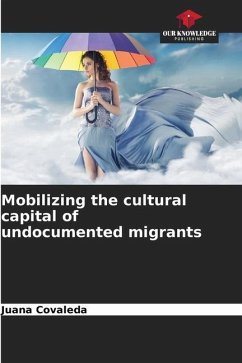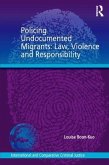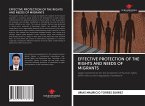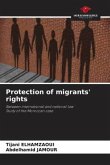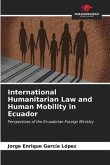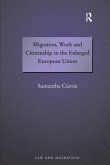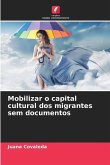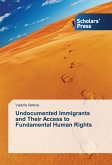This report aims to understand how two different foreign law contexts - French and Swiss - interfere in the mobilization of undocumented migrants' cultural capital. This capital includes their knowledge of languages, cultural assets acquired before and after settling, and diplomas acquired in their country of origin. Two hypotheses guided our analysis: the first, the existence of a typical portrait of undocumented migrants in each context, and the second, the assumption that undocumented migrants mobilize their cultural capital more easily in one of these contexts. To meet this demand, in addition to a documentary analysis, seven interviews were conducted with undocumented migrants on both sides of the Franco-Genevan border, 4 in France and 3 in Geneva. Our main findings were the characterization of two typical portraits of undocumented migrants in each context, and the effects of these two legal contexts on the unequal performance of the cultural capitals of each typical portrait. We found that undocumented migrants are more likely to use part of their cultural capital in Switzerland.
Bitte wählen Sie Ihr Anliegen aus.
Rechnungen
Retourenschein anfordern
Bestellstatus
Storno

